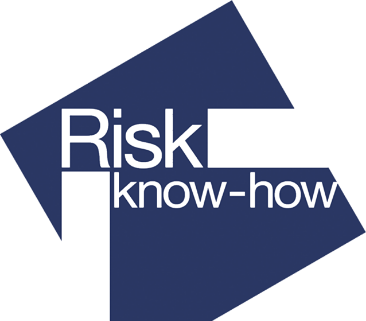Shelter/NFI Sector Lead – World Vision Bangladesh
I work in different camps hosting refugees from Myanmar. Over 500,000 of them living in a challenging and risky environment and some of them have been reported to die in the process. Some of the risks encountered are listed: 1. Environmental degradation; 2. Poor Cyclone awareness; 3. Disease Outbreaks; 4. Risk of road traffic accidents.
Many times, beneficiaries do not understand how to make use of some items given to them unless they get an interpreter to explain further which most of the time is not readily available. So they misuse some of these items and this becomes a risk to them.
Even disseminating cyclone prepared messages on strengthening shelters has been very difficult due to communication barriers amongst the Bangladeshi and the refugees. Most times they have to rely on translated leaflets which do not always present realities or do not reachout to everyone especially the children and those who cannot read.
Their level of literacy is also an impeding factor as a large number of them are not educated so understanding humanitarian operations is really hard. There are often no available or limited data to describe these risks. The host government do not have the capacity sometimes personal to carry out research that will develop into data on humanitarian operations.
If these data were available, they could help in guiding humanitarian operations such as duplication of activities, a better coordinated response and accountability of humanitarian programmes.
Absence of these data invariably poses risk and challenges humanitarian operations in general. Unfortunately, most the communities are not aware of the risks around their environment.

